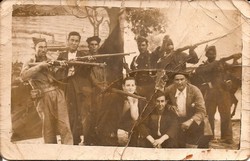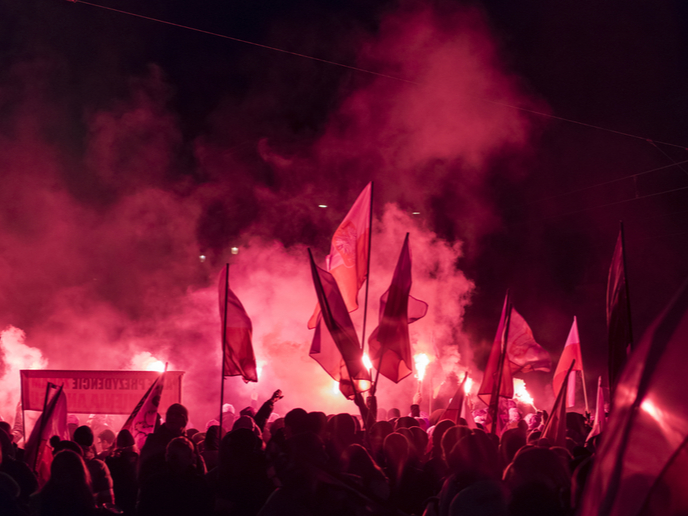Dictatorship and the memory of violence
Francoist violence during the Spanish Civil War has been studied extensively by taking different points of view into consideration. Despite this, an investigation focusing on the perpetrators and the attitudes of ordinary people had not been conducted. A main goal of the EU-funded PERPEGAL (Perpetrators, ordinary people and violence during the Spanish Civil War (1936-1939): The case of Galicia) project was to use the perspective of studies on genocide. The aim was to bring forth acts of violence taking place in the insurgent area in Spain during the Civil War. Focusing on the history of Spain in the 20th century, during Franco's regime, the work reconsidered the last historiographical literature and the debates around the memory of violence during the dictatorship. In addition to asking what turns ordinary people into brutal killers, the work also examined how Spanish society currently treats the topic. A large amount of records was generated and stored in the database PERPEGAL. Two types of data were included. One involved the names and personal data of diverse individuals who occupied in Galicia roles of responsibility in diverse fields such as professional, civil or military from 1936-1939. The other included the roles of those individuals and the careers they had before and after the military coup of 1936. As many as 5 000 names were collected corresponding to the documentation. It was found that only 14 % of the new political elites of the dictatorship in Galicia had a previous political past. Dissemination of the findings includes five articles in peer-reviewed journals, seven book chapters, one edited book and two monographs. Potential impact of the work is the influence it will have on modern-day memory and understanding of the Spanish Civil War and the violence that took place under Franco's dictatorship. As such, it can also be used as a guide-post for comparative perspectives of other well-known cases of civil war in modern history.







